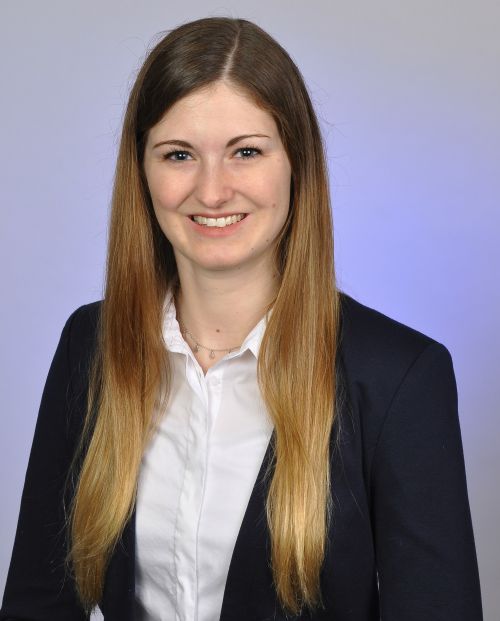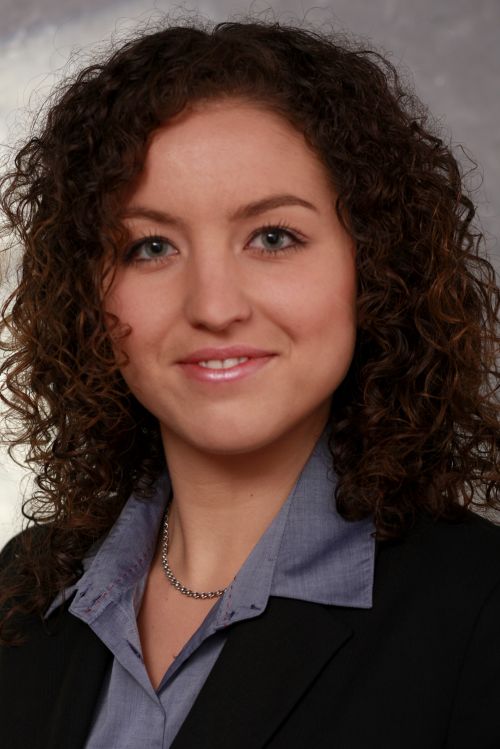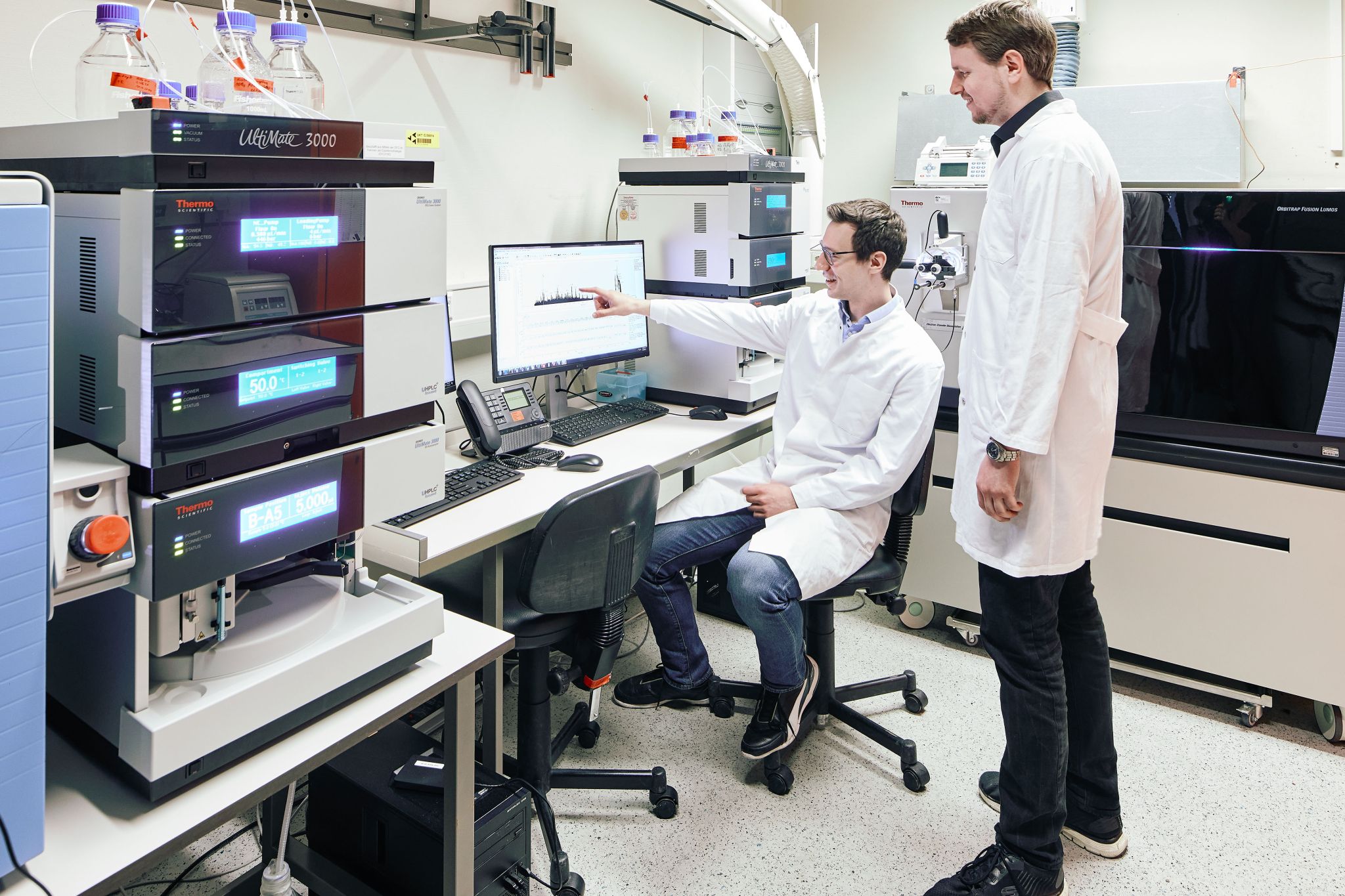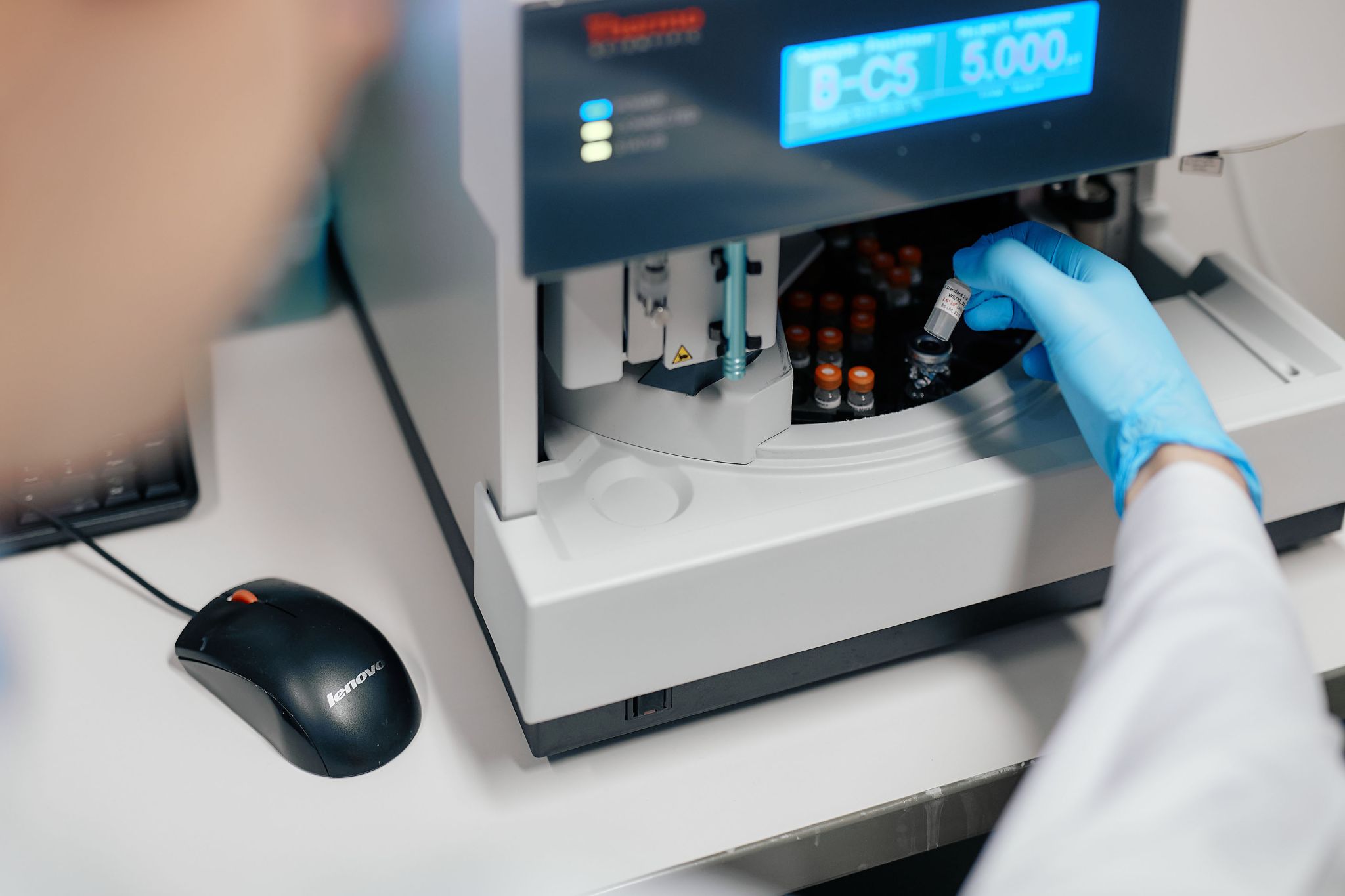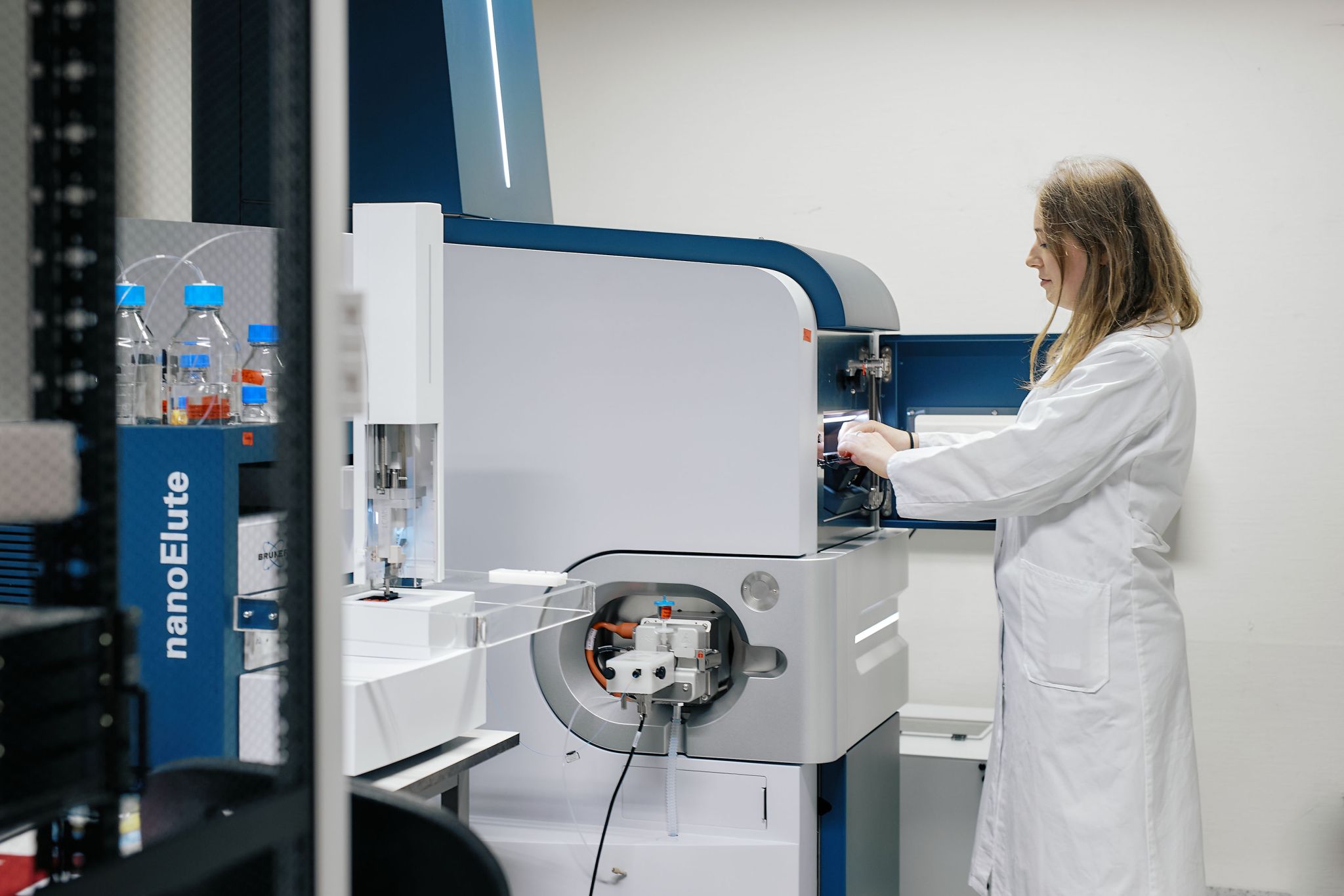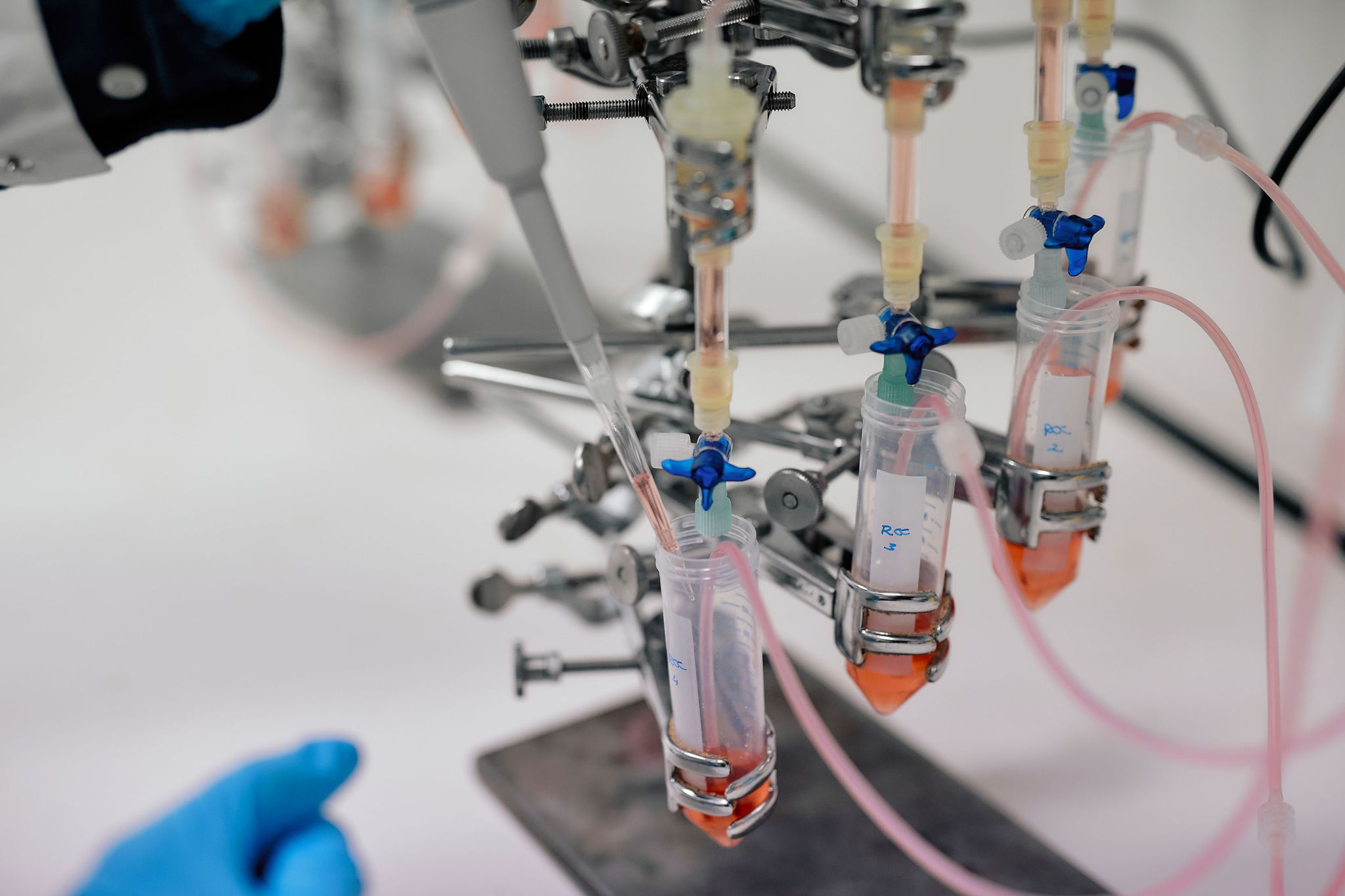Technology Expertise Network and Core Facilities Tübingen
Peptide Vaccines
In Tübingen, a GMP unit consisting of 6 clean air rooms for the manufacture of peptides is now available. The Core Facility “Peptide Vaccines” was specifically designed for rapid, small-scale GMP synthesis for personalized peptide vaccination and serve DKTK members as a Core Facility for the design and synthesis of mainly mutated or overexpressed tumor specific peptides identified via NGS and peptidomics. Tübinger peptide vaccines are already in use. Examples are the DKTK studies “iVacALL” or “NOA-16”. Within the EU project GAPVAC cancer patients are immunized with peptides from our Core Facility.
The Core Facility for the manufacturing of peptide vaccines consists of two areas
Area 1: “Wirkstoffpeptidlabor“, University of Tübingen, is located Auf der Morgenstelle 15, 72076 Tübingen, within the campus of the University. Here, peptides are manufactured as Active Pharmaceutical Ingredients (API) or Drug Substances (DS) under a GMP certificate issued by the local authorities, the Regierungspräsidium Tübingen.
Area 2: The GMP Centre (GMPZ) is located in the Center for Clinical Transfusion Medicine at Otfried-Müller-Str. 4/1, 72076 Tübingen, within the campus of the University Clinic. Here, peptide vaccines ready for use in patients are manufactured as Drug Products (DP) under a manufacturing authorization issued by the local authorities, the Regierungspräsidium Tübingen. In both areas, the peptides and vaccine peptides are manufactured by the staff of the Wirkstoffpeptidlabor under the direction of Prof. Dr. med Juliane Walz. The certification of the products is carried out for the active ingredient peptides by the head of quality assurance and for the clinical trial products by a qualified person according to §15 AMG.
You can find more information on the Website.
Contact
Prof. Dr. med Juliane Walz and Dr. Monika Denk
Wirkstoffpeptidlabor
Email: wp-labor@ifiz.uni-tuebingen.de
Immunopeptidome analysis
In recent years, immunotherapy, i.e. the specific induction of anti-tumor immune responses, has revolutionized the treatment of cancer. For antigen-specific T cell-based immunotherapy approaches, knowledge of the antigens recognized by T cells, called peptides, is critical. Peptides are short protein fragments that each body cell presents on its surface to the T cells of the immune system on so-called human leukocyte antigens (HLA). Tumor cells and also virus-infected cells differ from healthy cells and thus enable the immune system to recognize them as foreign. These so-called tumor-associated peptides are the key to a targeted immune response against the tumor cells, which can be activated by peptide-based immunotherapies and thus used to fight the tumor.
For the identification of HLA-presented peptides, we employ tissue or cell samples from patients or healthy donors as well as cell lines cultivated in the laboratory. In the lab, we can isolate the peptides from the surface of the cells and then utilize mass spectrometry, which allows us to identify these HLA-presented peptides. By comparing healthy tissue with tumor tissue, we can then identify those peptides that are highly abundant and exclusively presented on tumor cells but never on healthy tissue.
For mass spectrometric immunopeptidome analysis, two state-of-the-art mass spectrometers are currently available (Orbitrap Fusion Lumos and Q-Exactive HF) as well as a new timsTOF Pro instrument, which allows high-throughput measurements of large numbers of samples and a sensitive analysis of the immunopeptidome.
Contact:
Prof. Dr. med. Juliane Walz
Department of Peptide-based Immunotherapy
Auf der Morgenstelle 15
72076 Tübingen
E-Mail: PBI@med.uni-tuebingen.de
© Universitätsklinikum Tübingen / Beate Armbruster
Technology Expertise Network: Immune Monitoring
Scientific focus
The Immunomonitoring group is located at the Department of Immunology of the University of Tübingen. Our long-term focus is to investigate adaptive immune responses in cancer patients. Subsets of T cells are obtained from the blood or tumor tissues of patients and studied at phenotypical and functional levels. We furthermore investigate various other immune cell subsets, which interact with human tumors. Our specific expertise is the assessment of tumor antigen-specific T cells responses, also during immunotherapy, e.g. multipeptide-based personalized vaccination.
We are a founding member and co-organiser of the Cancer Immunotherapy Immunoguiding Program (CIP/CIMT) which was initiated in 2005. The aim of this international working group is to improve the comparability and sensitivity of established techniques applied for immunomonitoring, to promote the development of complementary tools, and to contribute to progress in the field.
Key methods and technologies
- Multiparameter flow cytometry- Elispot
- Bead-based cytokine measurement
- Assessment of antigen-specific cytotoxicity (VITAL, XCelligence, …)
- T cell priming, culture (also TILs), sorting and cloning
- In general, assessment of antigen-specific CD4 and CD8 T cells
Main monitoring activities (in cooperation with various national and international cooperation partners):
- Characterization of T-cell epitopes derived from newly-identified tumor associated antigens
- Effect of standard therapies on the immune system of cancer patients
- Immune monitoring of peptide-based vaccination studies
- Development of new adjuvants
- Assay development: Establish, optimize, standardize and validate immunoassays
Contact

